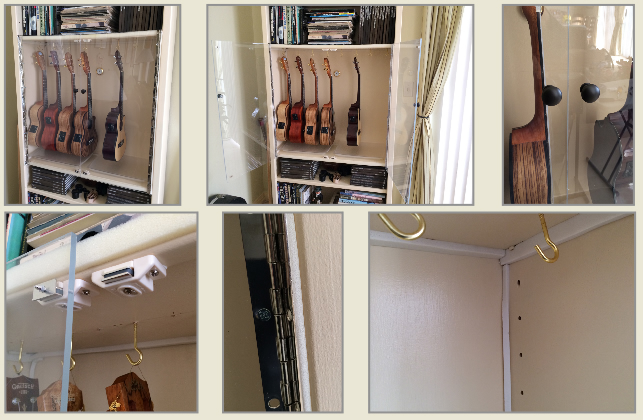mikelz777
Well-known member
As I was listening to the news this morning they were reminding the audience to set their clocks back one hour tonight for daylight savings time and added that it was also a good time to check/replace batteries in your CO2 and smoke detectors. That and the increasingly cold weather got me to thinking about my ukes and when I checked the humidity levels in my house, I saw that they were dipping into the mid-30s. It's time to start using humidifiers again!
This will be my 2nd winter with a solid wood uke that definitely requires humidification so it's the 1st time I've needed to remember to start using a humidifier again.
This will be my 2nd winter with a solid wood uke that definitely requires humidification so it's the 1st time I've needed to remember to start using a humidifier again.


